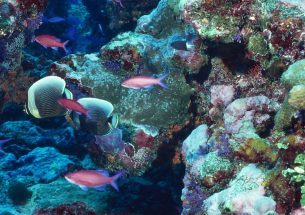News and Opinion
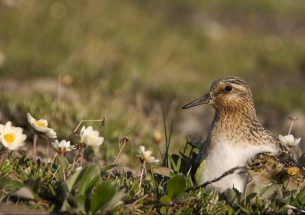
Migratory birds are worse off in West Africa
READ MORE about Migratory birds are worse off in West Africa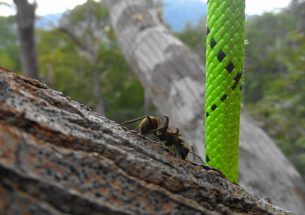
New study finds ants are darker in rainforest canopies
READ MORE about New study finds ants are darker in rainforest canopies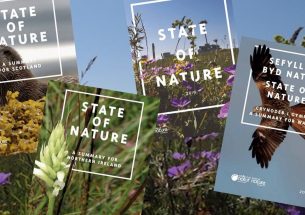
Reflections on the State of Nature report 2019
READ MORE about Reflections on the State of Nature report 2019
Climate change is disrupting our critical progress toward the United Nations Sustainable Development Goals
READ MORE about Climate change is disrupting our critical progress toward the United Nations Sustainable Development Goals
Transformative Change – What does this approach to conservation mean for the UK?
READ MORE about Transformative Change – What does this approach to conservation mean for the UK?
Badger behaviour inside the cull zone
READ MORE about Badger behaviour inside the cull zone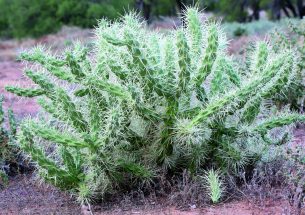
A modelling tool to rapidly predict weed spread risk
READ MORE about A modelling tool to rapidly predict weed spread risk
Our 16-18 Summer School 2019 from a teacher’s perspective
READ MORE about Our 16-18 Summer School 2019 from a teacher’s perspective2019 Parliamentary Shadowing scheme in Scotland open for applications
READ MORE about 2019 Parliamentary Shadowing scheme in Scotland open for applications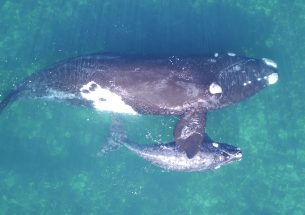
Researchers use drones to weigh whales
READ MORE about Researchers use drones to weigh whales
Making Brexit Work for the Environment and Livelihoods: A Stakeholder Informed Vision
READ MORE about Making Brexit Work for the Environment and Livelihoods: A Stakeholder Informed Vision
Private boats in the Mediterranean have extremely high potential to spread alien species
READ MORE about Private boats in the Mediterranean have extremely high potential to spread alien species
Scientists and key figures develop vision for managing UK land and seas after Brexit
READ MORE about Scientists and key figures develop vision for managing UK land and seas after Brexit
Breeding songbirds alter their singing behaviour in selectively logged tropical forests
READ MORE about Breeding songbirds alter their singing behaviour in selectively logged tropical forests